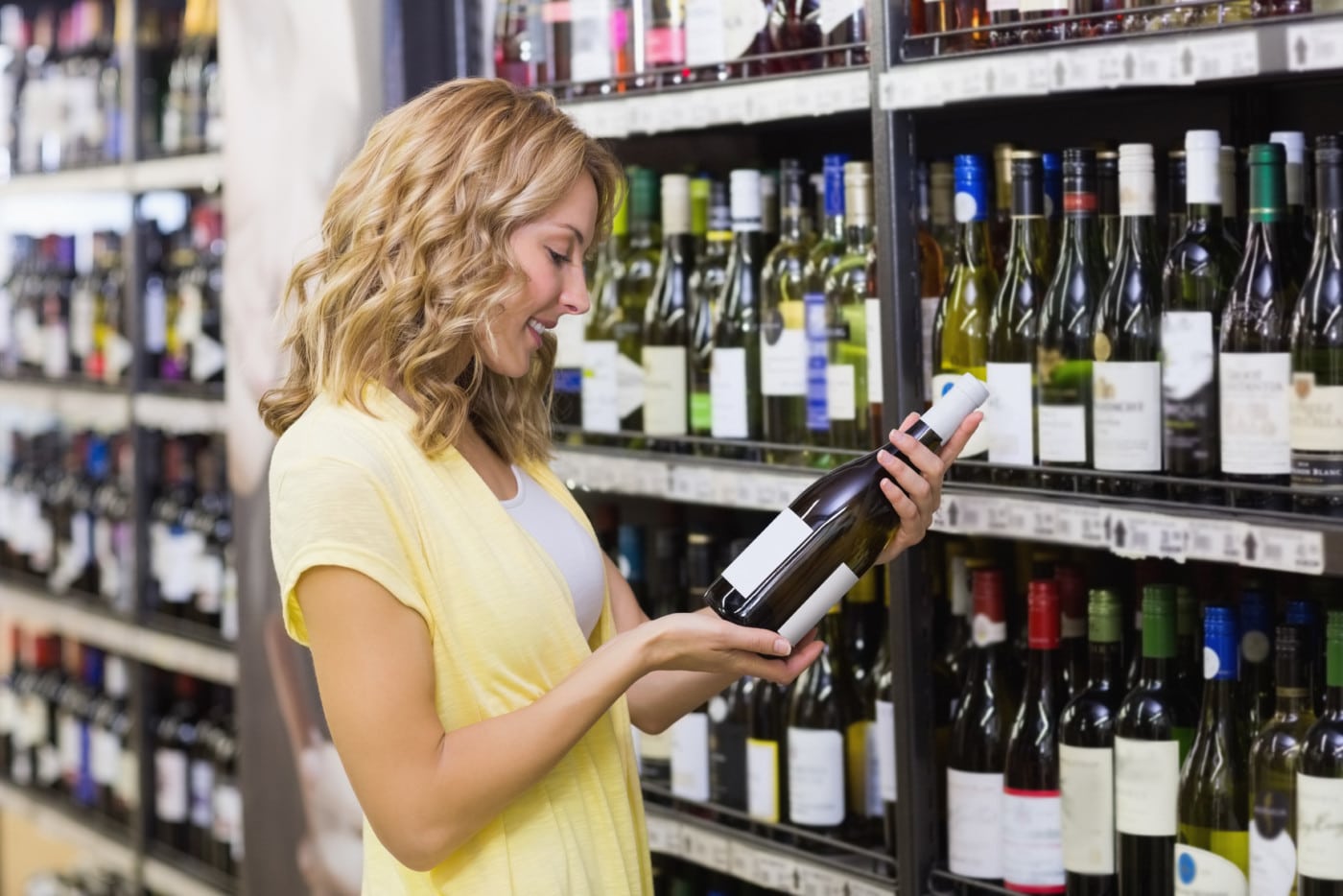Wine’s complexity is part of its inherent value
By Christian Eedes, 27 May 2020

Prior to Coronavirus, South Africa typically saw over 8 000 wines from more than 900 producers coming to market over the course of a year and inevitably the majority of consumers are inclined to find the huge range of what’s on offer confusing if not bewildering.
Retailers succeed when they make choice manageable. Take toothpaste – Aquafresh, Colgate and Mentadent P are your mainstream brands with the likes of Elgydium and Sensodene positioned at a more premium level. That’s the entire sector just about covered off. Apply this thinking to wine and the retailer should aim to supply consumer with no more than 50 wines including the 20 bestsellers.
For those who appreciate living in a world of wonder and mystery, however, it is very much to wine’s credit that it defies commodification. And for a retailer’s wine range to be credible, a certain level of complexity or “confusion” is necessary. To many consumers, wine is seen as a minor luxury and when it becomes over-simplified, then it is robbed of some of its inherent value.
Moreover, the wine market is not monolithic. There are many consumers with a low level of involvement with the subject, who tend to lack confidence in their wine choices and be risk-averse – they shop on price and opt for unthreatening categories like entry-level Sauvignon Blanc and Merlot. Then, of course, there are the branded wine drinkers – they have no special interest in learning more and are reluctant to deviate from what they know. Both these sorts of consumers are going to find more than enough wine-buying advice in the mainstream media.
Though making up a very small segment of the market, there are thankfully some more wine-savvy consumers out there who are responsible for a disproportionately high proportion of the spend on wine. For such individuals, wine is very much a product of curiosity and they drink across a broad spectrum of category and country.
A title such as winemag.co.za exists to service this group of highly involved consumers. That doesn’t mean we should become complacent or smug. Rather, we constantly need to improve our understanding of how to educate consumers who have yet to engage deeply with wine in order that they become just as captivated as those already on the inside, so to speak. Yes, fine wine is often a cerebral pursuit which can be to its detriment in a world that has tended to be pre-occupied with cheap and distracting entertainment in recent times but it’s also about pleasure. Combine good wine with good food and good company and that surely is part of a selling proposition with broad appeal and also one that will outlast all the challenges posed by the current pandemic.







Comments
0 comment(s)
Please read our Comments Policy here.